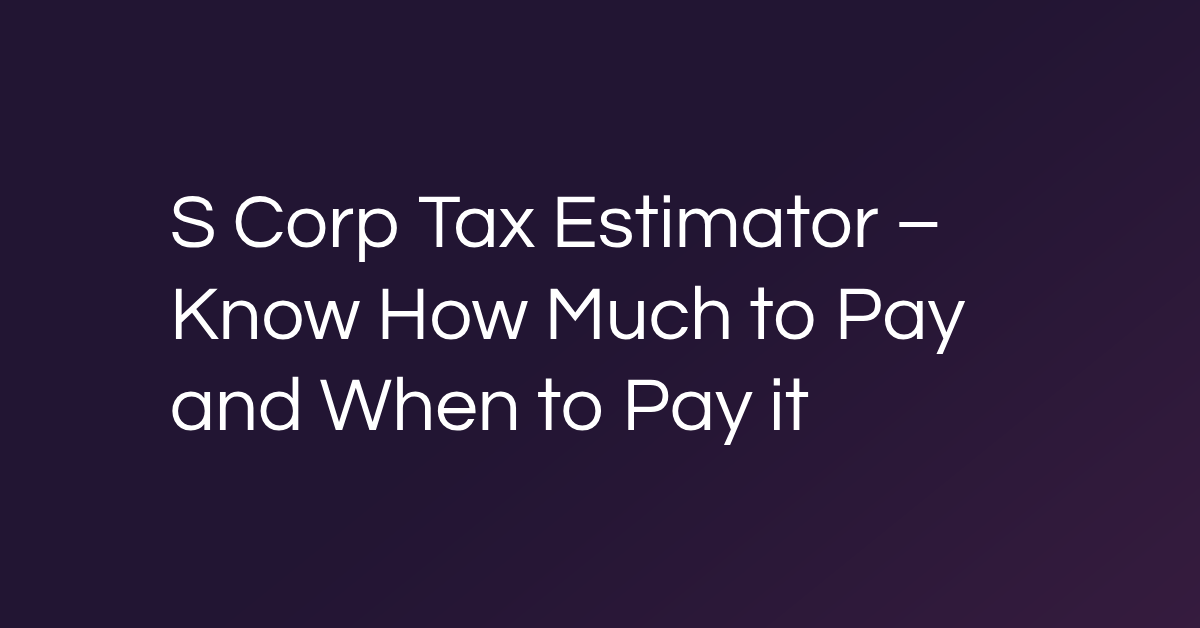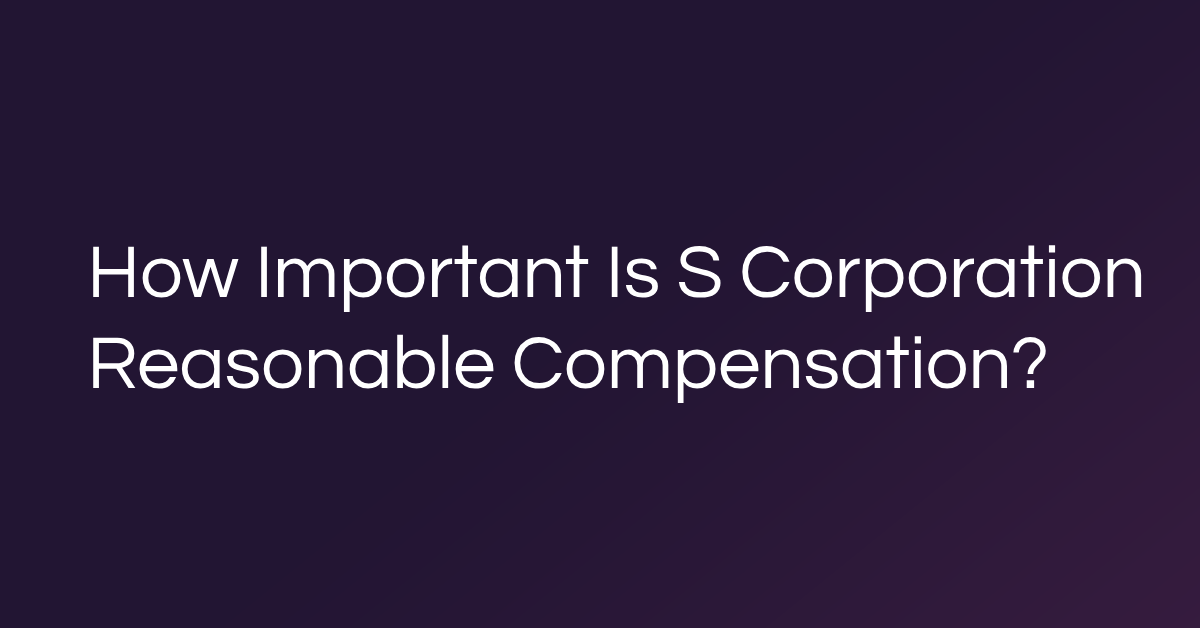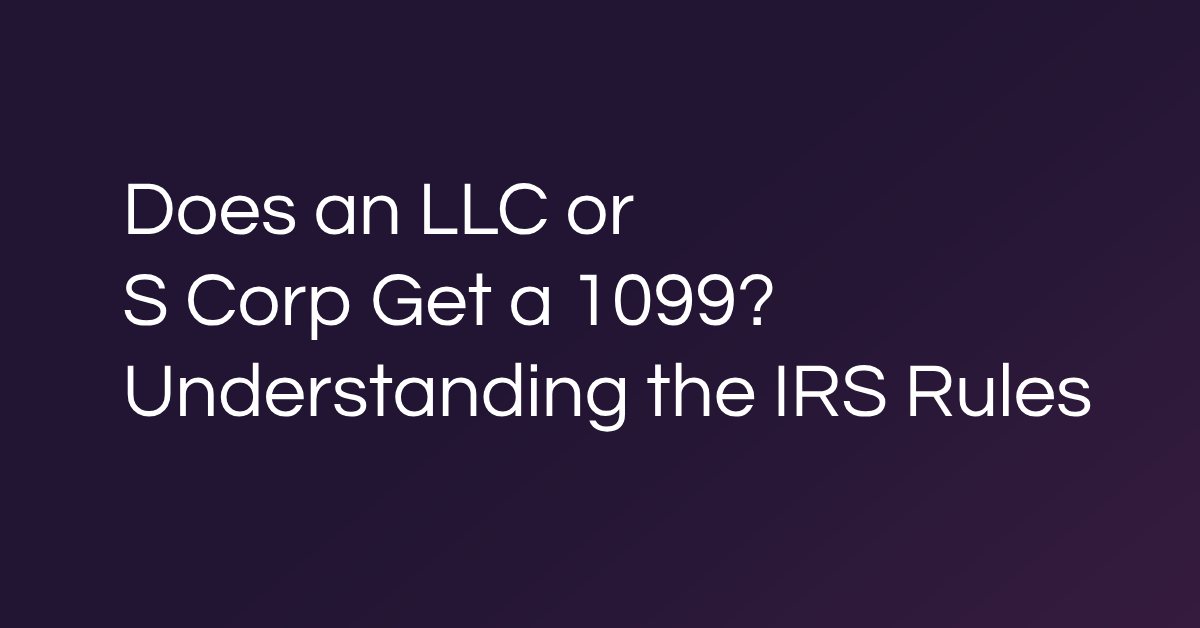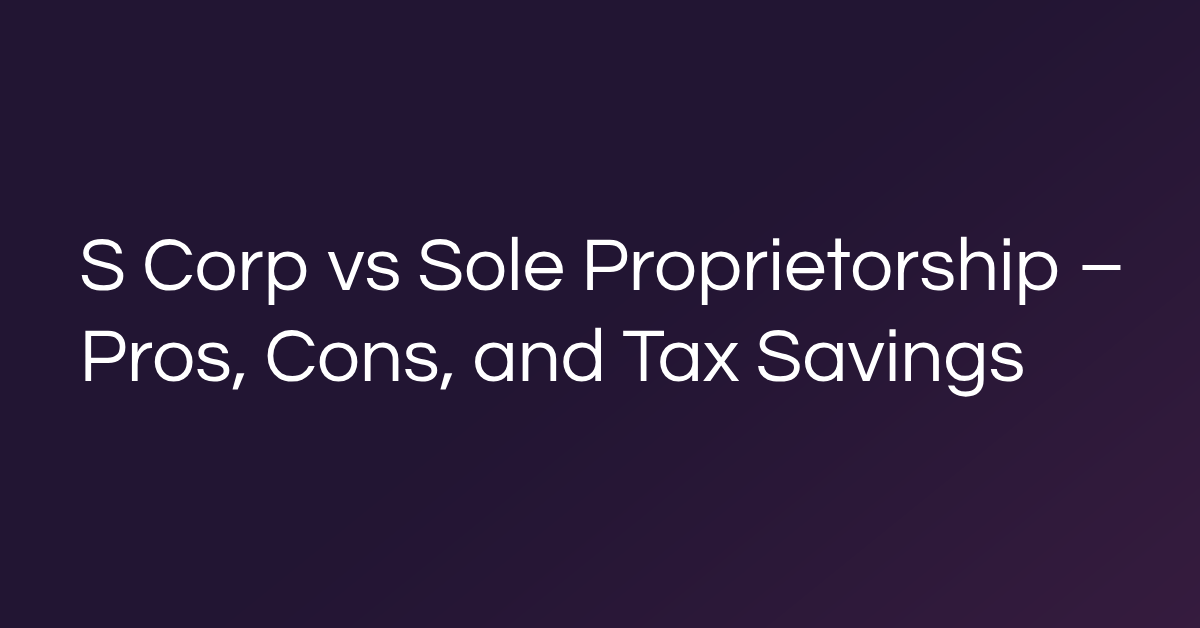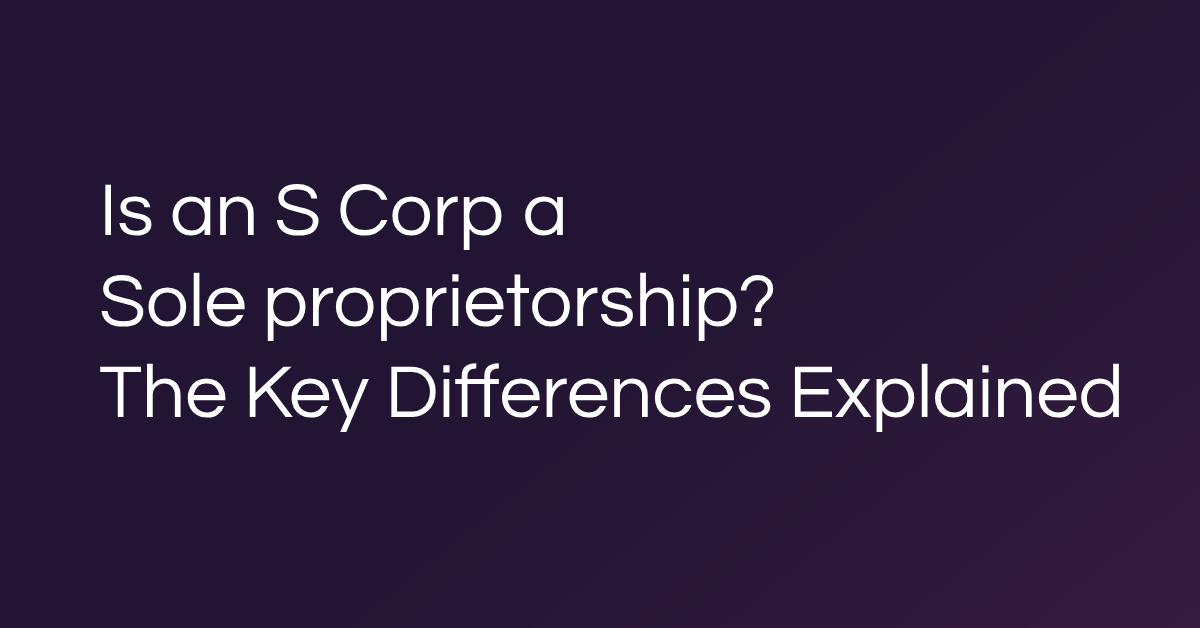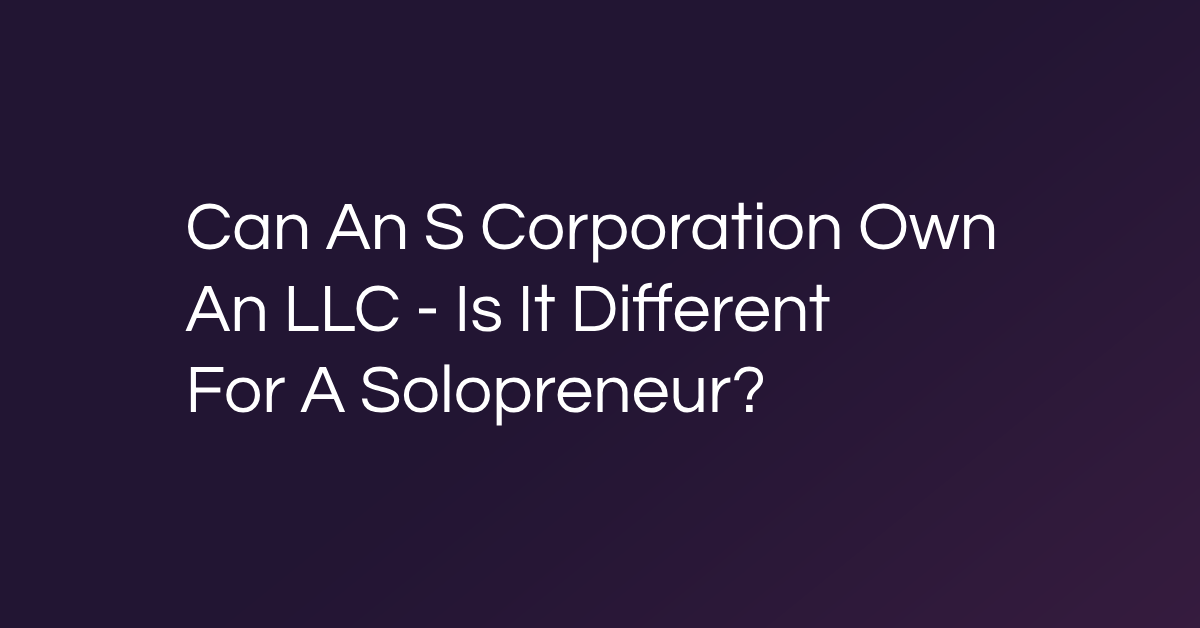For freelancers and solopreneurs in California, structuring a business as an S corporation (S corp) can reduce tax burden while maintaining the liability protections of an LLC or corporation.
However, setting up an S corp in California involves more than just filing paperwork. Independent professionals in the Golden State need to meet strict tax regulations, payroll requirements, and California-specific compliance rules. Making the right decisions from the start helps maximize tax savings while keeping the business in good standing.
When you’re setting up a solo S corp in California, optimize your savings and avoid compliance pitfalls with the right approach and proper paperwork so you can take advantage of tax efficiencies while maintaining financial and legal protections.
Common business entities for freelancers in California
Freelancers and solopreneurs in California have several options when choosing a business structure. One of the most common entities that Californian independent professionals choose is a sole proprietorship. However, for tax and legal purposes, a business of one often switches from a sole proprietorship to either a limited liability companies (LLCs) or an S corp.
Each of these three options comes with distinct advantages and tax implications in California:
- Sole proprietorship: This is the simplest way to operate a business of one in California because it requires minimal paperwork. However, sole proprietors assume full personal liability for business debts and pay self-employment taxes on all net earnings, which often results in higher tax burdens compared to other structures.
- Limited liability company: Setting up an LLC as a solopreneur provides liability protection by separating personal and business assets. LLCs allow flexible taxation, but by default, they are subject to self-employment taxes unless they elect S corp treatment.
- S corporation: An S corp is an election available to LLCs and corporations that allows business income to pass through to shareholders while avoiding double taxation. S corps reduce self-employment taxes, making them a preferred choice for freelancers looking to maximize tax efficiency.
Introduction to S corp taxation in California
Every state is different, and California’s S corporation rules help freelancers and solopreneurs maximize their earnings. Unlike sole proprietorships and LLCs, S corps have a unique tax structure that reduces tax liability while ensuring compliance with both federal and State of California tax laws.
How S corps save you money on taxes in California
Electing S corp status can significantly reduce tax liabilities in several ways:
- Federal income tax savings: S corps are not taxed at the corporate level. Instead, profits pass through to owners, who report earnings on their tax returns. This eliminates the double taxation faced by traditional corporations.
- California income tax savings: Unlike sole proprietors who pay personal income tax on all profits, S corps in California are subject to a 1.5% California franchise tax on net income. While S corps do pay this minimum tax, the savings on self-employment taxes can outweigh this cost.
- Social Security and Medicare tax reductions: S corp owners only pay self-employment taxes on their reasonable salary, rather than the entire business profit. This results in significant tax savings, particularly for higher-earning freelancers.
Changes in taxes when you’re an S corp in California
Switching to an S corp structure changes how freelancers handle taxes. California tax obligations include:
- Annual franchise tax: All California S corps pay a 1.5% state franchise tax, with a minimum payment of $800 per year.
- Payroll requirements: S corp owners must run payroll and withhold employment taxes on their salaries.
- Pass-through taxation: Unlike C corps in California, S corps do not pay corporate income tax at the federal level. Instead, profits are reported on the owner’s tax return.
Example statistics on S corp tax savings
Choosing S corp status can lead to thousands of dollars in tax savings each year. For example:
- A California freelancer earning $100,000 as a sole proprietor pays 15.3% in self-employment tax (~$15,300).
- As an S corp owner, they would pay payroll taxes only on their salary. If they set a $60,000 salary, the remaining $40,000 in profit is tax-free from self-employment taxes, saving over $6,000 per year.
This structure allows business owners to retain more income while staying compliant with tax laws.
FAQ on S corps in California
Does California tax S corps?
Yes. While S corps avoid federal corporate taxes, California imposes a 1.5% franchise tax on net income. The minimum annual payment is $800, even if the business operates at a loss. However, the savings on self-employment tax often outweigh this cost.
Are there restrictions on S corp treatment in California?
S corporations must meet specific IRS and state requirements to maintain S corp status:
- Only U.S. citizens or resident aliens can be shareholders.
- S corps cannot have more than 100 shareholders.
- California requires annual state filings and compliance with corporate governance rules.
Is there pass-through tax treatment for S corps in California?
Yes. S corporations in California follow pass-through taxation, meaning profits are reported on shareholders’ tax returns, avoiding corporate-level taxation.
Additionally, California offers an elective pass-through entity tax (PTET), which some S corp owners may qualify for to reduce state tax burdens further.
How to get S corp tax treatment in California
If you’re ready to take advantage of S corp tax benefits, follow these steps to ensure proper registration and compliance.
1. Form a business entity
Before electing S corp status, you must register as an LLC or corporation with the California Secretary of State. This involves filing Articles of Organization (for LLCs) or Articles of Incorporation (for corporations).
2. File a Subchapter S election
Once your business entity is registered, you must file IRS Form 2553 to elect S corp tax treatment. This must be submitted within 75 days of formation or by March 15 for existing entities to take effect for the current tax year.
3. Get California recognition of S corp status
After federal approval, you’ll need to register with the California Franchise Tax Board (FTB) to ensure compliance with state-specific S corp tax rules.
California automatically recognizes federal S corp elections, but businesses must meet franchise tax obligations and file the correct state tax forms annually.
Build your California S corp with confidence
Choosing an S corp in California can unlock significant tax savings while providing liability protection and credibility for your business. However, proper setup and compliance are crucial to maximizing these benefits and avoiding costly mistakes.
Besolo makes the process seamless by providing expert-backed guidance on S corp formation, tax compliance, and financial management. From filing your Subchapter S election to ensuring you meet California state tax requirements, our Solo S Corp package helps independent professionals navigate every step with confidence.
Take the stress out of managing your S corp — start your California S corp journey with Besolo today.



